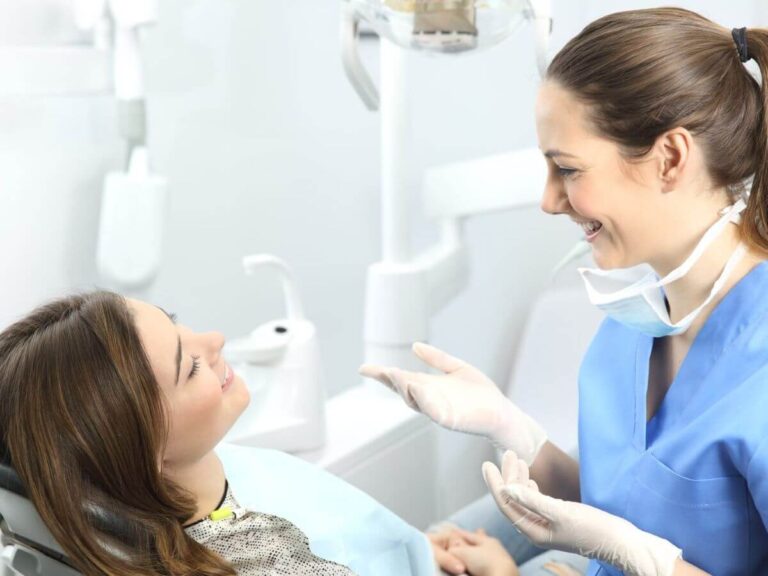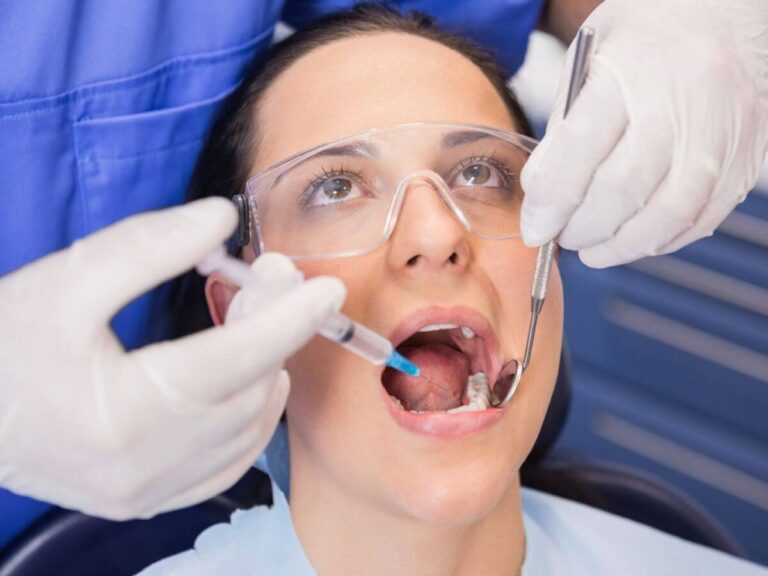Numerous studies have shown that using an appropriate mouth rinse, in conjunction with regular brushing and flossing, is an easy and effective way for you to improve your overall oral health. As part of a regular program of oral hygiene, mouth rinses (which are sometimes called mouthwashes) can be effective at reducing plaque, controlling bad breath, and helping to prevent tooth decay and gum disease. There is a myriad of mouth rinses lining the drugstore shelves, and they are available in both prescription and over the counter (OTC) formulations. Which one is best for you? That depends on what benefit you expect to get from using it.
It’s important to keep in mind that many off-the-shelf mouth rinses are primarily cosmetic: That means, they may (temporarily) make your mouth taste or smell good, but they don’t offer any lasting benefit to your oral health. There’s nothing wrong with that — as long as you weren’t expecting anything more. But if you’ve been told that you are at risk for tooth decay or gum disease, you’ll want to use a mouth rinse that has proven clinical benefits.
Therapeutic Mouth Rinses
Mouth rinses that offer oral-health benefits are considered therapeutic. These fall into two general categories: anti-cariogenic rinses, which are designed to prevent tooth decay (and thus dental caries, or “cavities”); and anti-bacterial rinses, which help control the buildup of plaque bacteria in your mouth. Some products may even offer both types of protection.
To help prevent tooth decay, anti-cariogenic mouth rinses use an ingredient you’re probably already familiar with fluoride. This is often in the form of a .05% sodium fluoride solution. Because it’s a liquid, the rinse can get all around your teeth — even into spaces the smallest brush can’t reach.
Fluoride has been consistently proven to strengthen tooth enamel, which protects against decay; it can even reduce tiny lesions on teeth where a cavity may form. There’s hardly anyone who couldn’t use some extra help in the fight against cavities — but if you’ve been told you may be at a higher risk for tooth decay, or if you have difficulty brushing and flossing, then an anti-cariogenic rinse is a good choice for you.
Anti-bacterial mouth rinses generally contain ingredients (like triclosan, essential oils, or the prescription medication chlorhexidine) that help to control the microorganisms found in plaque. Plaque, a sticky, bacteria-laden biofilm, occurs not only on the surfaces of the teeth but also in other parts of the mouth. Rinsing with an anti-bacterial solution has been shown to provide a greater reduction in plaque than brushing and flossing alone. As tools in the fight against gum disease (gingivitis) and tooth decay, anti-bacterial mouth rinses may be a good step toward improving your oral hygiene. Your dentist can determine the best mouth rinse for your oral health.
Sun City Dental
11240 Montwood Dr Ste J
El Paso, TX 79936
915-201-2539

Sun City Dental
8611 N. Loop Dr.
El Paso, TX 79907
915-859-2690
Disclaimer: Every effort has been made to ensure the accuracy of this article and other articles on this website at the time it was written. The information contained in this blog post is not intended to be a substitute for proper dental care as recommend by your trained dentist. We are not responsible for any of the results you experience while applying the information contained on the smilesuncitydental.com website. It is our sincere desire to continue to provide quality information as it relates to dental matters covered in this website and it is our aim to provide accurate information as it relates to your dental care.


